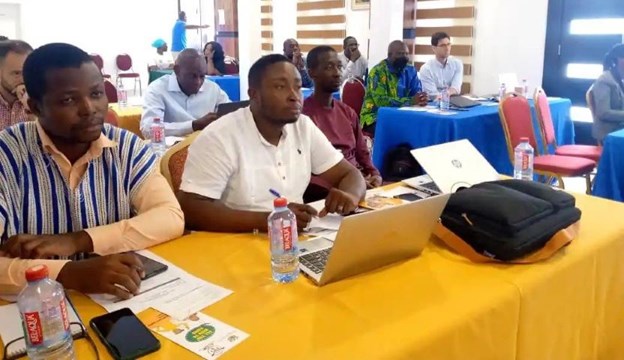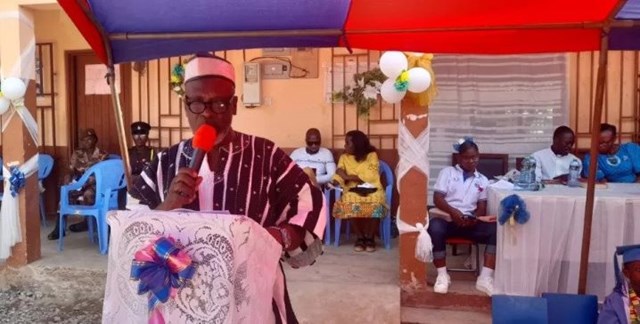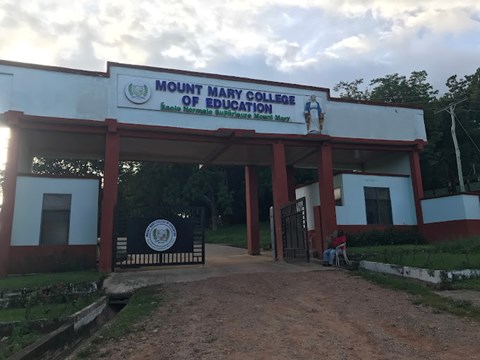The Ministry of Education is set to reintegrate 70,000 out-of-school children in schools through the Ghana Education Outcomes Project (GEOP) together with development partners and service providers.?
The GEOP is an additional funding project under the Ghana Accountability for Learning Outcomes Project designed to train, reintegrate and retain out-of-school children in schools.?
Mr Divine Ayidzoe, Chief Director, Ministry of Education, at an orientation workshop for Service Providers in the project, said the Ministry was committed to ensuring that every Ghanaian child had the opportunity to access quality basic education.?
The three-day orientation took place from Wednesday December 14, at SSNIT Guesthouse, in Accra.
The service providers are: Lot 1 & 2 – Street Child UK;
Lot 3 & 6 – School for Life/Bridges Education Partnership;
Lot 4 & 5 – Plan International; and
Lot 7 – Street Child Education Outcomes Partnership.
Mr Ayidzoe said the project was designed to use an outcomes-based partnership approach, which was one of the first of its kind in sub-Sahara Africa.?
The project was designed by the Ministry of Education with key development partners to reduce the high prevalence of out-of-school children and improve learning outcomes in mainstream schools.?
The project brings together the Ghanaian government, international donors, social investors, and service providers to get out-of-school children back into school and support schools and teachers to improve learning.?
The outcomes-based approach, he explained, shifted the basis of accountability to results rather than the activities and brought on board diverse views, ideas, and innovations to effectively harness the success of the project.?
Mr Ayidzoe urged the service providers to abide by all the rules and regulations and codes of conduct of these agencies they would be working with.??
“All the Key implementing agencies namely GES, CEA, Commission of TVET, Ghana TVET Service, NaCCA, my own PBME at MOE, and the KPMG- who is the independent verification agency will be tasked to provide vital roles throughout the project lifespan ending in December 2026,” he added.?
He, however, assured them that the Ministry would not interfere with their interventions once the right channels were strictly adhered to.?
The GEOP project has two main components: the urban component dealing with out-of-school children in Accra and Kumasi, and the rural component dealing with them in 27 selected districts nationwide.?
The project has a four-year life cycle – from 2022 to 2026 and would involve children between eight and sixteen years for the rural component, and between eight and 18 years for the urban component.?
Source: GNA








